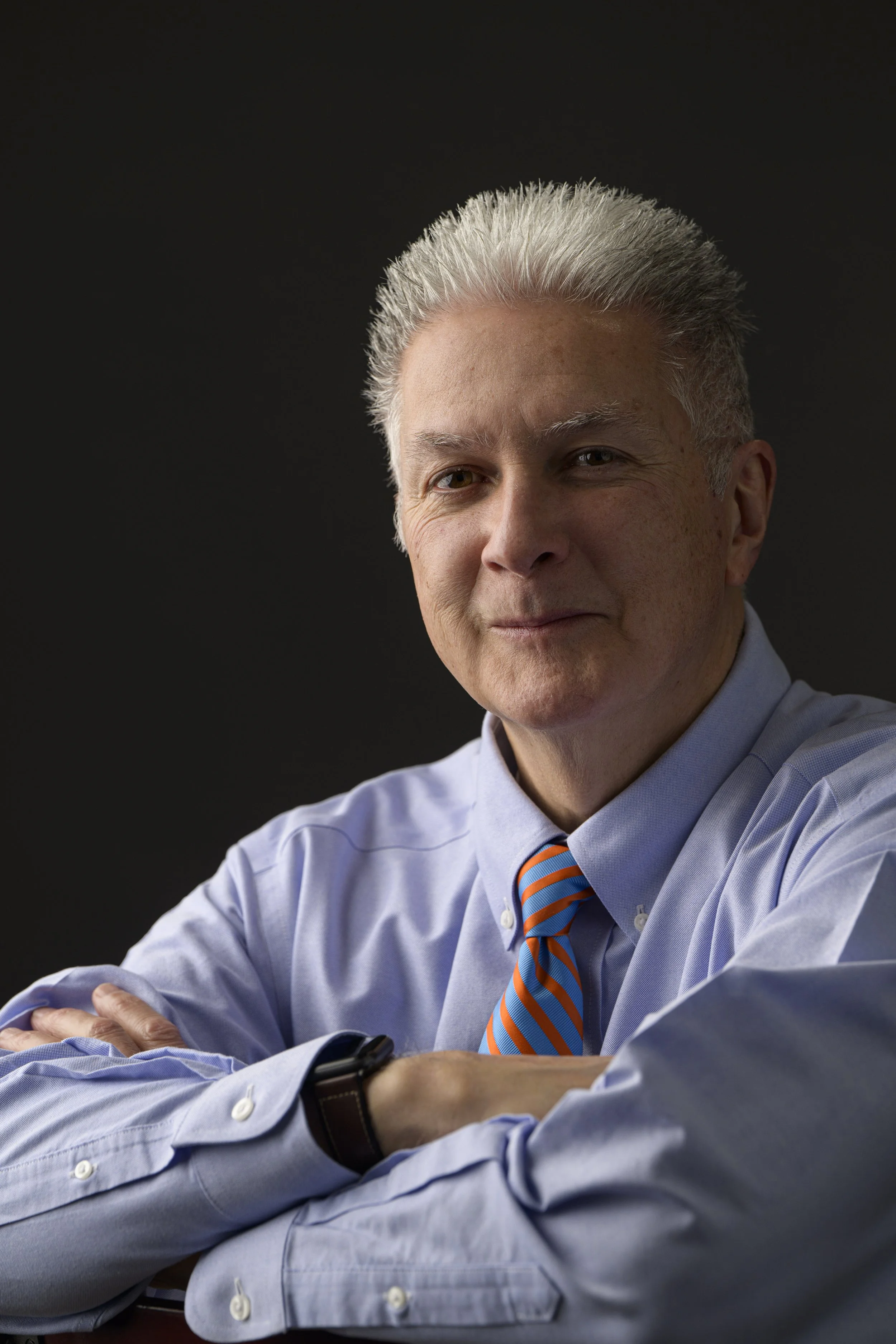The Things My Father Used to Eat
Fiction by Andrew Careaga
Great carnivore, he ate strange animal parts. Organs, mostly. Beef tongue. Brains. Kidneys. Stomachs. He relished the innermost parts of creatures, feasted on their holy of holies. Drank runny coddled eggs, swirled with Tabasco sauce, from a saucer. Swallowed chicken hearts whole.
These foods he ate—they spoke to me of an earlier time and place. Of Fenton, Missouri, and the 1930s. Of a boy in the dirt of the Great Depression, long before he’d learned to make money flow like tap water by the graceful lines he drew, by turning pencil art into fetishists’ dreams: mules and slingbacks and Joan Crawford heels.
These foods spoke to me of his childhood, of the orphanage he mentioned rarely and only in whispers. Of how his toes turned red stomping the grapes to make wine. That place where his father deposited him and the others, after their mother died of Bright’s Disease, which is what they called all kidney problems in those days, and after his father decided that raising four children was just too much.
And now, I think, perhaps that was why he ate those strange organs with such vigor. Perhaps they were some curandero’s remedy, some potion, some magic to inoculate him from the ailments that had historically plagued his family. Ailments of kidneys, livers and matters of the heart.
Or perhaps he only thought they were, and perhaps that was enough.
Today, science tells us, that disease that killed his mother is genetic—passed on, like male pattern baldness, from one generation to the next. Not long ago, a niece gave birth to a child with this affliction, and now I wonder: Does she know about his cure? Does she know about the things my father used to eat? Surely, she’s heard us, her mother and aunts and uncles, discuss those vulgar organs, after holiday meals, when we recount the morbid and macabre things of our collective past.
Yes, perhaps they were magic, the things my father used to eat. Or perhaps he ate them, like bitter herbs, to remember his deliverance from the land of Pharaoh—his deliverance from the land of dirt and toil and hardship and stomped grapes, to the land of milk and honey, where his skilled artist’s hand drew lines and shade and color, and brought him prosperity.
Whichever it was, voodoo or Passover, it did not have the power to fend off incurable things. The divorces. The temper. The cigarette habit that led to three heart attacks. The ice cream and cakes and cherry pies and boxed chocolates. Always, the boxed chocolates.
It wasn’t enough, the organ cure. So, he turned to the gods of medicine, mainlining insulin. He forsook the old paths. And as his toes turned red from poor circulation, he cursed the bad blood in his veins. And as his toes turned black because the cursed blood no longer flowed there, the surgeon’s knife performed the sacrifice.
The last time I went to a restaurant with my father, he still had some of his toes. It was an Italian restaurant, and he ate tripe smothered in a red sauce. Had I ever eaten tripe? he asked. Never, I said. He sliced off a bite and scooted it to the edge of his plate. I stabbed it, studied it, and chewed the gummy entrail. It grew large and rubbery in my mouth. Finally I swallowed, thankful when the ordeal ended.
The last time I saw my father eat, he was dying. He’d been wheeled in and out of hospitals for months, due to repeated bouts of congestive heart failure. Now we his progeny were gathered round in our death vigil. We saw the so-called food they brought him there, the pre-fabricated heaps on sterile plastic trays the color of the hospital walls. You could not tell where the trays ended and the food began.
My father would not touch this blasphemy.
Finally, we, his children, had had enough. “What do you want?” we asked him.
“A tamale,” he said. “There’s a place just across the New Hampshire line that makes pretty good ones.”
His voice was weak, watery.
“Of course,” he said, “you can’t get great tamales in New England, but you can get good ones.”
So, we headed north, my three sisters and I. I drove. We found the place, walked in, and ordered a plate of tamales to go. The hostess in the Cinco de Mayo skirt was taken by surprise. It was mid-afternoon; there were no customers. Three tamales came out on a Chinette plate, each wrapped tightly in foil, mummified in aluminum.
Our father was pleased with the offering. He unwrapped one, lifted it to his mouth, and for the last time in his life, he ate. He really ate.
*Originally published by by Club Plum Literary Magazine
BIO: Andrew Careaga is a writer from Rolla, Missouri whose work has appeared in Club Plum Literary Magazine, Roi Faineant, Spillwords, Syncopation Literary Magazine, MoonLit Getaway, Bulb Culture Collective, Witcraft, and elsewhere. He is active on Twitter and BlueSky at @andrewcareaga and blogs frequently on his website, andrewcareaga.com.

